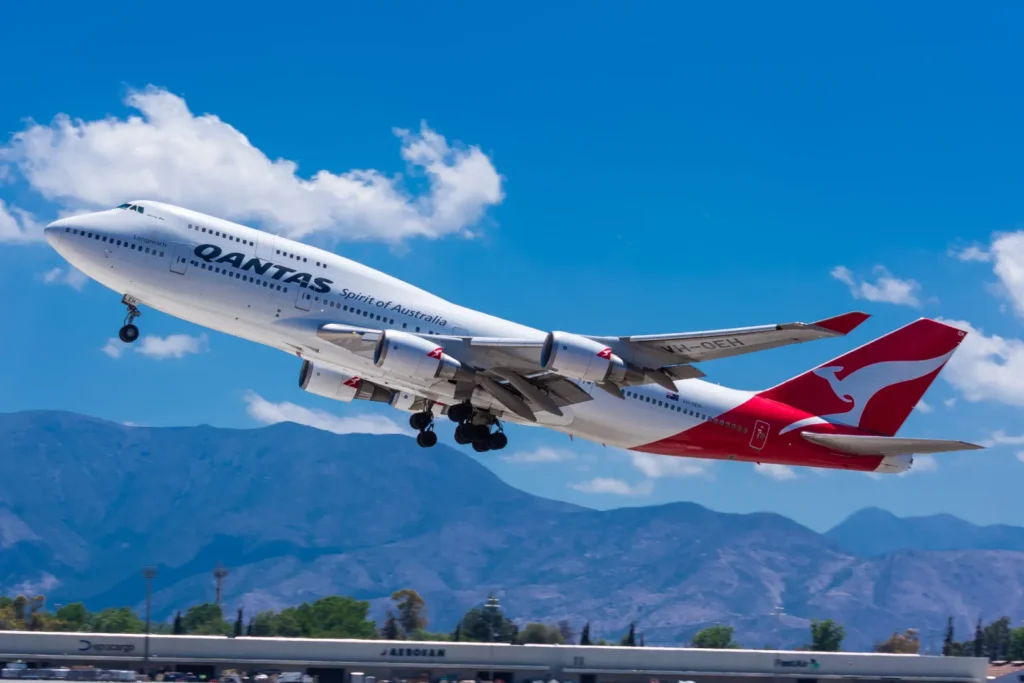This week, the Federal Court has dismissed two applications from the Transport Workers Union and the Qantas Engineering Alliance (Unions), who were seeking access to paid personal and compassionate leave a period of stand down.
Context to the Case:
As a result of COVID-19 travel restrictions, Qantas has stood down some 20,000 workers without pay.
During this time – Qantas has refused to allow employees to access accrued personal leave entitlements. This meant that even those employees who had been drawing down the entitlements prior to COVID-19, were also shifted onto unpaid stand down.
Unions then brought applications to the Federal Court claiming that Qantas should continue to allow access to paid leave during a period of stand down.
What Did the Federal Court Rule?
The Federal Court ruled that employees are not entitled to access their paid personal /carer’s leave and compassionate leave entitlements while stood down.
In this finding, Justice Geoffrey Flick observed the position taken in Mondelez v Australian Manufacturing Workers Union [2019] FCAFC 138 at [148] (Mondelez), insofar as it addresses the role of an employee’s entitlement to personal/carer’ leave under s 96 of the Fair Work Act 2009 (Cth) (“FW Act”).
In his finding, Justice Flick stated:
“It is the very characterisation of the leave entitlement conferred by s 96 as a “form of income protection” [by Bromberg and Rangiah JJ in Mondelez]which presupposes that an employee is in receipt of income. As Qantas has repeatedly submitted, and correctly so, “income’ is not being protected if there is no available or required work from which to derive income in the first place.” (emphasis added)
Therefore, the ruling confirms that where an employee has been lawfully stood down, and there is no work which the employee can perform and thereby derive income, an employee is not entitled to access the leave entitlements conferred by ss 96 or 105 (personal / carer’s leave and compassionate leave). Notably, Justice Flick also noted that allowing employees to access such entitlements while lawfully stood down would: “defeat one of the two principal purposes of standing the employee down – namely, to protect the employer against such claims.”
Why Was This Decision Made?
In his decision, Justice Flick also considered the carve out of s 525(b) of the FW Act and whether an alternative conclusion could be reached. While Justice Flick was understanding of the union’s interpretation of s 525(b), he ultimately rejected the Union’s submissions that an employee who takes personal / carers’ leave or compassionate leave in accordance with s 97 and s 105 of the FW Act are “authorised to be absent from his or her employment.”
In his ruling Justice Flick distinguished between an employee taking leave and an employee having an entitlement to be absent from work (i.e. when taking personal / carer’s leave or compassionate leave) which he or she would otherwise be entitled to attend. However, he ultimately arrived at the same conclusion – that in the absence of any work for the employee to attend (because of the stand down), they cannot be taken to be ‘absent from their employment’. Accordingly, Justice Flick stated that:
“To permit such an employee to nevertheless access personal/carer’s leave whilst stood down would be to allow them to “cash out” their leave entitlements contrary to the prohibition in s 100 [of the FW Act]”.
What Does This Mean for Your Business?
The ruling will provide financial relief to employers as the Unions had brought the case as a breach of the National Employment Standards in the FW Act. Ultimately, the decision confirms that employers who have stood down employees because of COVID-19 (or for another lawful reason) do not have to allow employees to access their personal / carer’s leave and compassionate leave entitlements.
Despite this decision, employers who have been forced to stand down employees because of COVID-19 can still allow employees to access and draw down other paid entitlements such as annual leave or long service leave.
Need Specialist Help?
Managing your workforce can be difficult at the best of times. We can assist you in gaining this understanding of you leave obligations and taking a proactive approach to your HR through tailored advice, training programs, and providing comprehensive information packs.
For specialist assistance and advice during these challenging times, please contact one of our experienced consultants on 03 9087 6949 or email support@workplacewizards.com.au for a free, no-obligation chat.



